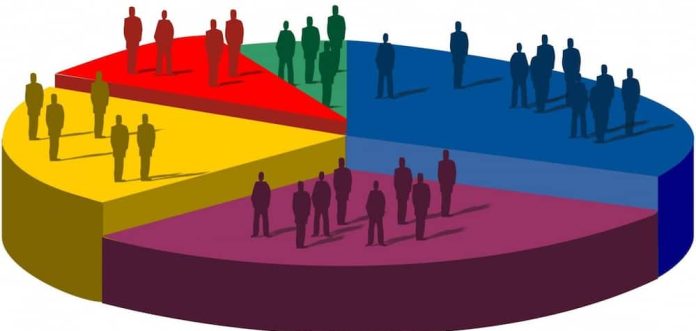- As is its wont, the political class cutting across party affiliations is always on the lookout to consolidate vote banks on one or the other pretext. Of course, the caste conundrum in the Indian context needs no further elaboration even if it resembles a labyrinthine conundrum and is far from comprehension. None of the political parties, both at the national and regional level, can lay claim to desisting the allurement of latching onto an opportunity to highlight their concerns by upping the ante on caste dynamics. One such exercise is underway in Bihar with the chief minister attempting to stir the hornet’s nest by planning to undertake a caste census in the state. A move invariably allows an issue peripheral to governance to take center stage yet again.

PC: Liz Mathew, Ravish Tiwari
- Someone mentioned where is the promised governance anyway! Needless to mention, the instant caste counting is both unnecessary and will prove to be problematic eventually. For the uninitiated, the 2011 socio-economic caste census had revealed a staggering 46 lakh castes and sub-castes, making that part an unusable document for policy. Plus, individuals and community leaders, aware now of the proximate link between census, surveys, and handouts, have made discovering the truth about various caste, asset, income, and material claims tougher. Mind you, caste is so charged a political concept that incentives for untruth are very high. However, who will impress upon the political class about the counterproductive effects of the same?
- It’s a given fact that flawed data can set off massive political churning. Unsurprisingly and rightly, the Union Government has been sceptical about enumerating caste, unlike vote bank-focussed regional parties. Not willing to wait anymore, state governments in Chhattisgarh, Maharashtra, and Odisha are pushing ahead with their own surveys. Pertinent to point out that the Constitution bars the states from conducting caste censuses. Now, states reckon they can claim implicit sanction for these surveys even as the Supreme Court has made quantifiable data on backwardness the key criterion for clearing state-level quotas in jobs, education, and elected bodies. Politics is a factor too as regional parties are worried about the Bharatiya Janata Party’s overt OBC outreach.

PC: IANS
- Optics are important you see, and as such, the political will to conduct surveys is the easier part whilst positioning to champion the cause. Nonetheless, marshaling the data and managing outcomes including agitation, litigation, and competing for quota demands by several castes are the toughest of tasks. Rather than obsess over caste numbers, political parties should worry about the lack of contemporaneous economic data. Policymaking without credible data, especially after an economic shock, is a terribly suboptimal way to govern. An equitable measure like good data on household consumption can help everyone irrespective of caste. Is it too much to expect politicians to act rationally? Your guess is as good as mine.






